Meet the Members of our SAC
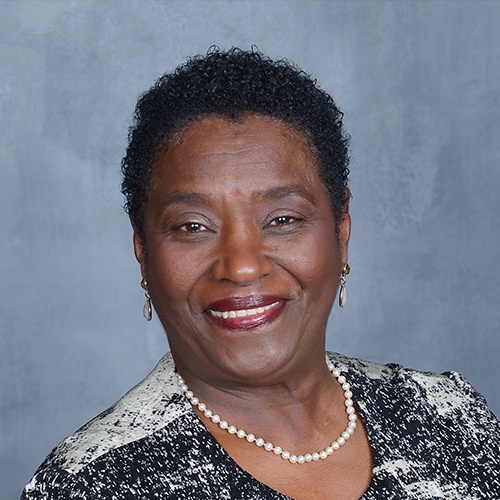
BA Sociology, Masters of Education, Masters of Arts Multicultural Teaching and Learning
Director of Diversity & Multiculturalism at Anoka-Ramsey Community College, DHS Advisory Council on Alzheimer’s Research, Care, and Services, advocate for ADRD caregivers, Wayman AME Church dementia ambassador and support group facilitator.
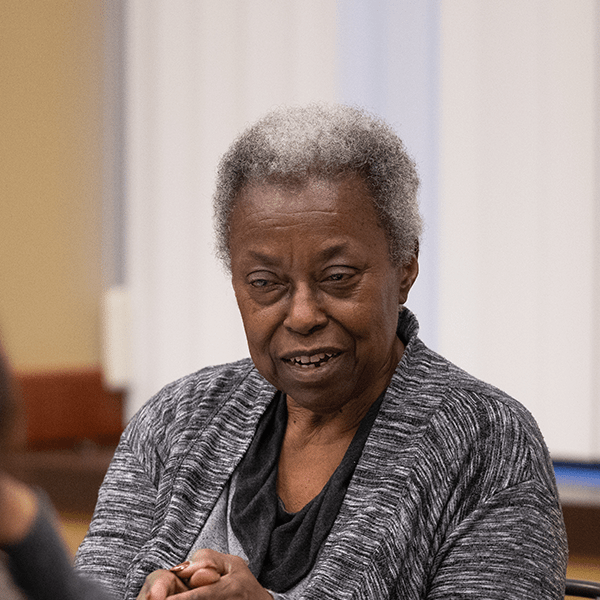
BS, Design Housing Studies, Masters of Public Affairs & Policy
Chair of Governors Age-Friendly Council, Minnesota Board of Aging board member, City of Mound Council Member, Rainbow Research board member, and consultant with Orlando Charles.
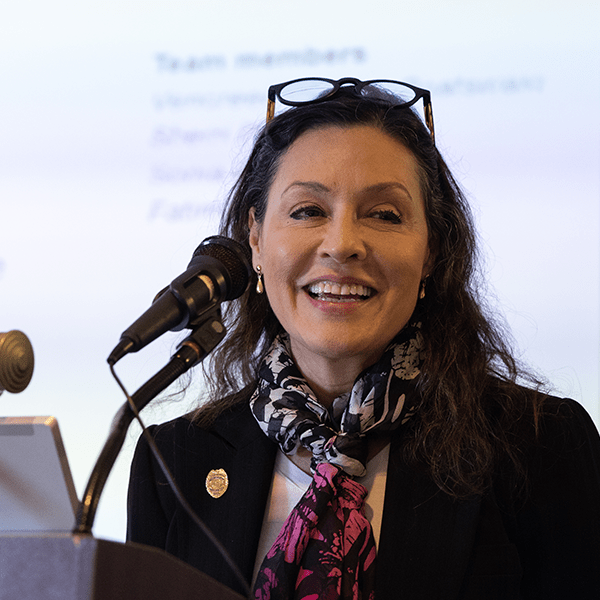
Sonia Aaroe
Masters, JD
Retired investigator in the U.S. Department of Labor Wage and Hour Division and community advocate for the needs of vulnerable, invisible Latino/Latina workers who traditionally live in intergenerational families.
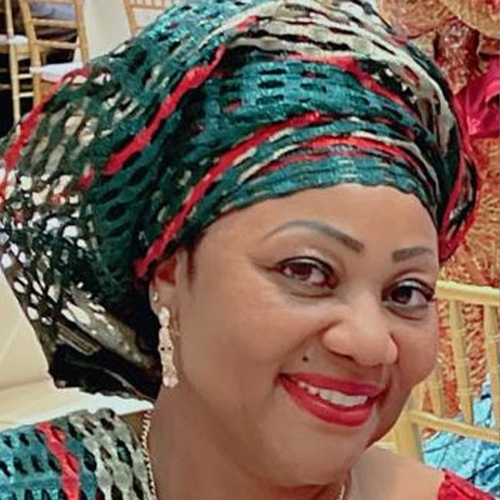
PhD, MA Education Administration
Principal – Saint Paul Public Schools, Legislative Committee of MM Elementary School Principal Association (MESPA), adjunct Professor, Minnesota Africans United Board, and member of All Elders United for Justice (AEUJ)
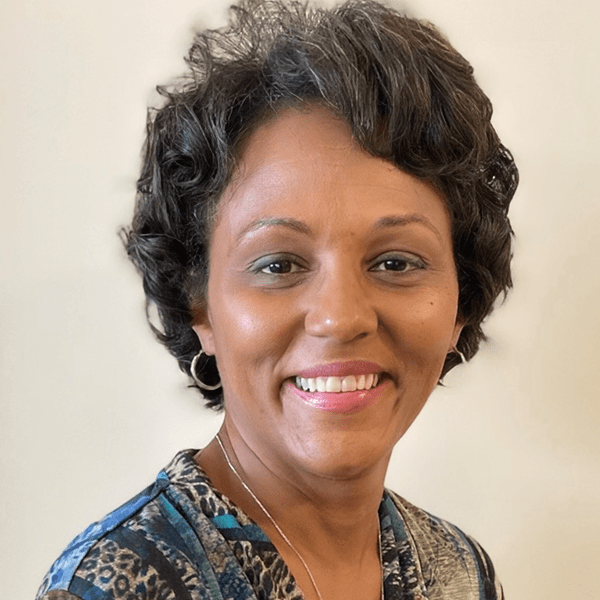
MPH, MSN, CRNA, PHN, APRN
Minneapolis Anesthesia Partners Abbott Northwestern Hospital, Surgical Specialties Center, Stairstep Foundation Public Health Nurse, and Progressive Baptist Church Alter (African American dementia-friendly, faith-based program ) Co-chair.
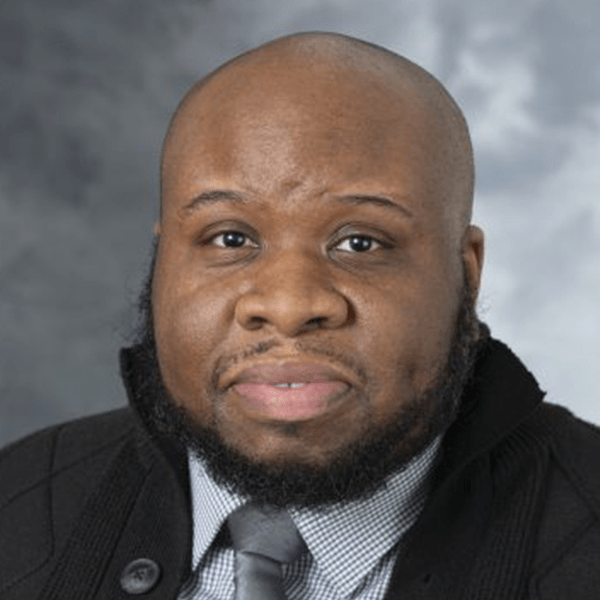
MSSA, PhD
Robert L. Kane Postdoctoral Fellow – Families and Long-Term Care Projects, School of Public Health | University of Minnesota
Quinton’s career goal is to become a leading social work scientist increasing the adoption of effective culturally responsive interventions for Alzheimer’s Disease and Alzheimer’s Disease Related Dementias (AD/ADRD) caregivers and the advancement of national policies for dementia care and research. His program of research examines three harmonious dimensions: (1) the influence of life events and trajectories on health and wellbeing, (2) optimization of health and social service supports, and (3) community-level intervention design and implementation.
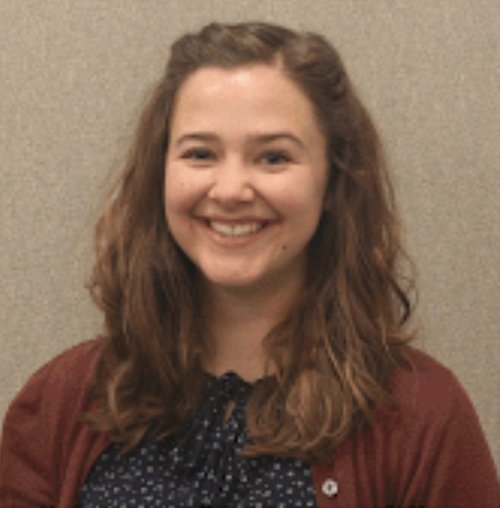
Mara Wilson
University of Minnesota Medical School, Class of 2024, member of ASIG, pursuing Geriatrics after residency.
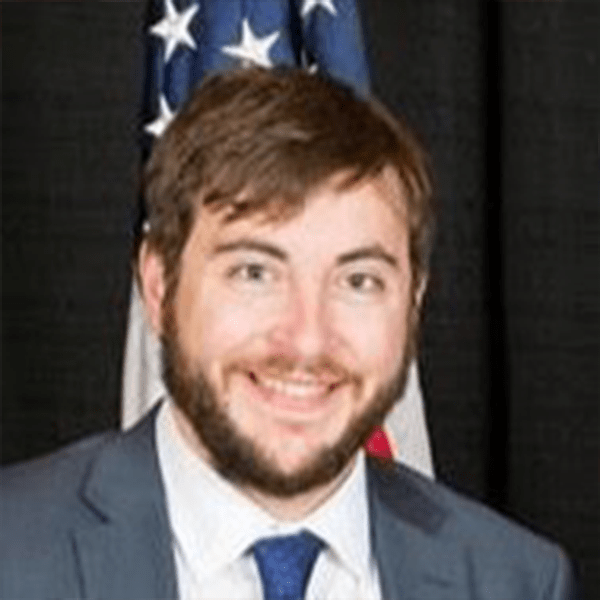
Alzheimer’s Association, Manager of State Affairs
Sam joined the Alzheimer’s Association a year ago to lead state affairs in Minnesota after five years of policy work with the National Alliance on Mental Illness (NAMI). He brings extensive knowledge about the legislative process, policy development. In his role Sam also educates community members about why sharing their stories is important and how to engage and be a successful advocate with elected officials.
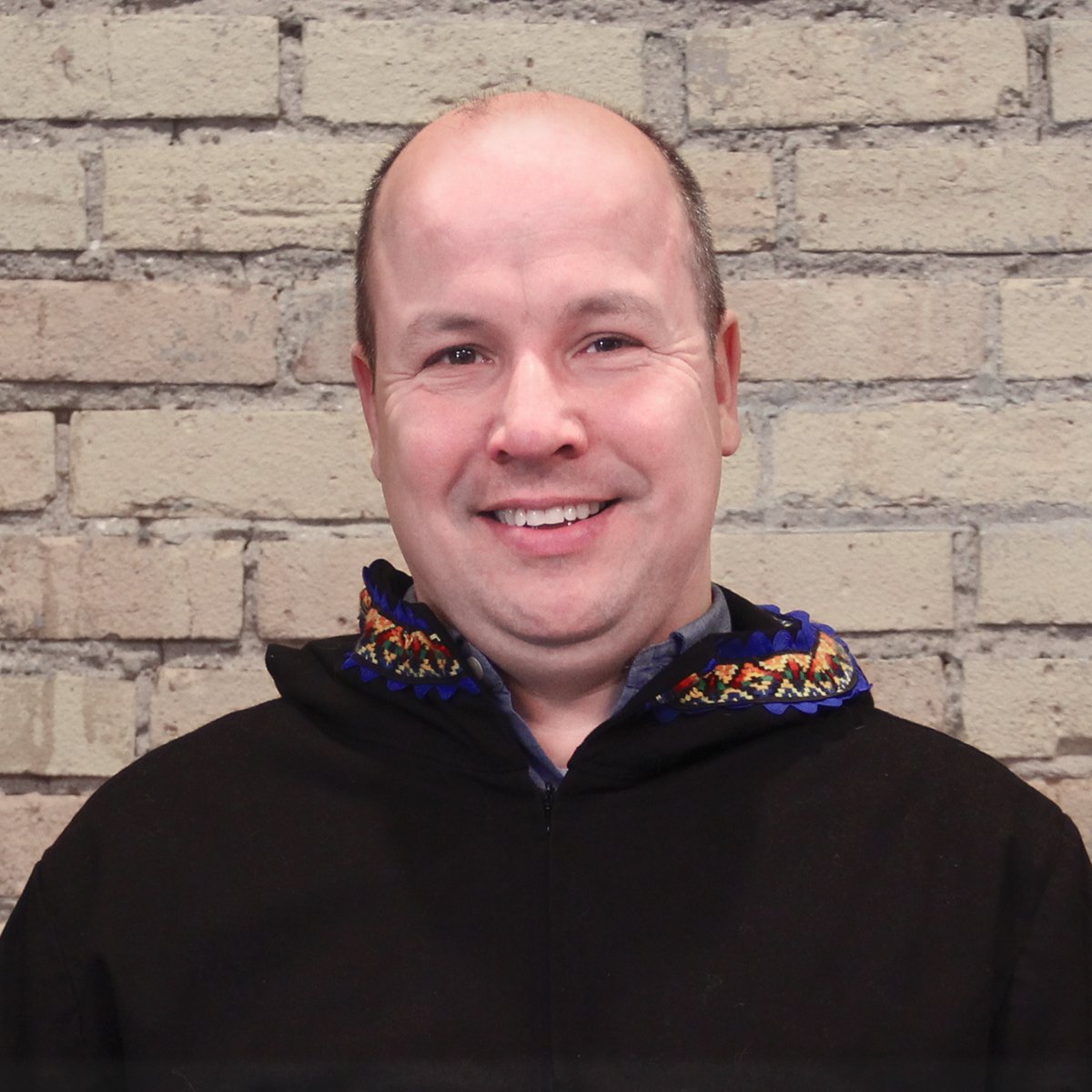
Ph.D., MSW (Aluet) – University of Minnesota Medical School, Duluth campus
Associate Director, Memory Keepers Medical Discovery Team – Health Equity; Professor, Department of Family Medicine & Biobehavioral Health
Jordan’s expertise is in Indigenous successful aging, rural community health, generativity and healthy aging, cultural constructions of Alzheimer’s Disease and related dementias. His research has identified indigenous cultural generativity as a critical ingredient to healthy aging, a resilience resource, and has important implications for the wellbeing of Alaska Native and American Indians, including those with ADRD, their caregivers, and family and community members.
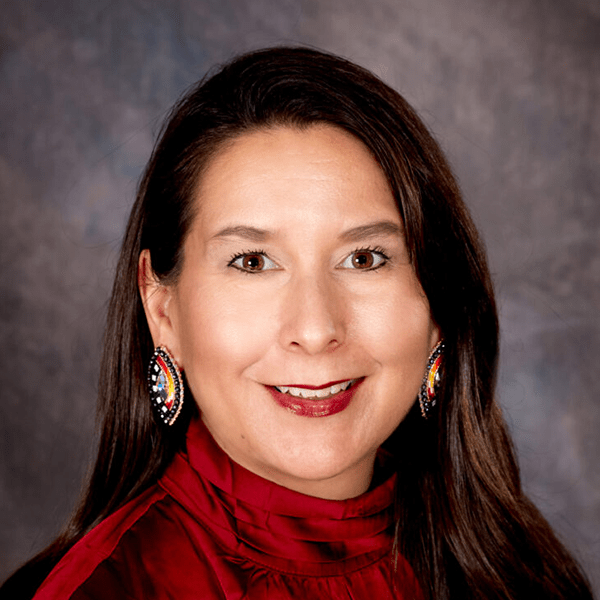
RDN, LD (Bdewakantunwan Dakota) – Director of Community Health at Lower Sioux Health Care Center in Morton, MN
Stacy started her public health journey as a Registered Dietitian working in the tribal health department of four without their own tribal run clinic. Today, she serves as the Director of Community Health, administering a variety of public health programs. The community health department includes a team of 12 and is in the 6th year of operating their own tribal run clinic, the Lower Sioux Health Care Center, community health to clinic operations. Stacy is enrolled in the UMN School of Public Health’s Executive PHAP program; she has a strong interest in policy development and system transformation.
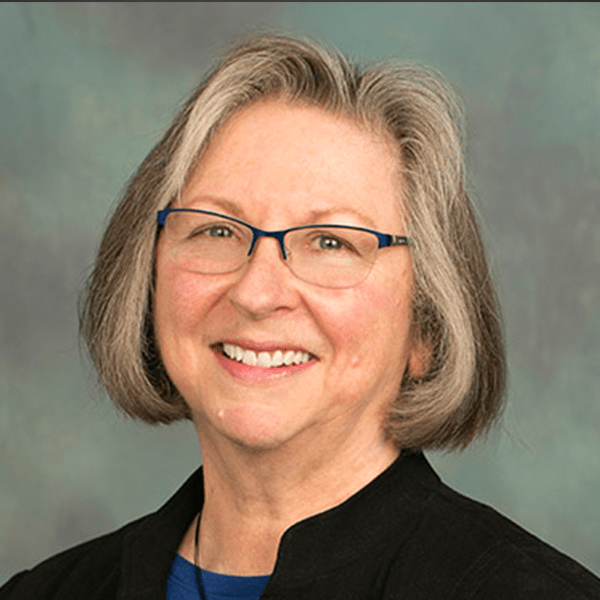
Theresa Harvath
PhD, RN, FAAN, FGSA
Associate Director of Clinical Science and Practice Core at Center for Aging Science and Care Innovation (CHAI), and Clinical Professor, School of Nursing, University of Minnesota.
The overarching goal of Terri’s professional activities throughout her nursing career has been to improve the health and health care of older adults and their family caregivers through the integration of theory, practice and research. Terri achieves this by engaging with students at all levels in meaningful learning activities, by engaging with colleagues in clinically-relevant research and by actively working to integrate research into teaching and practice. At CHAI, Terri is working on several initiatives including:
- Launching a family caregiving clinic
- Working with Epic programmers to build a family caregiver module in the electronic health record (EHR).
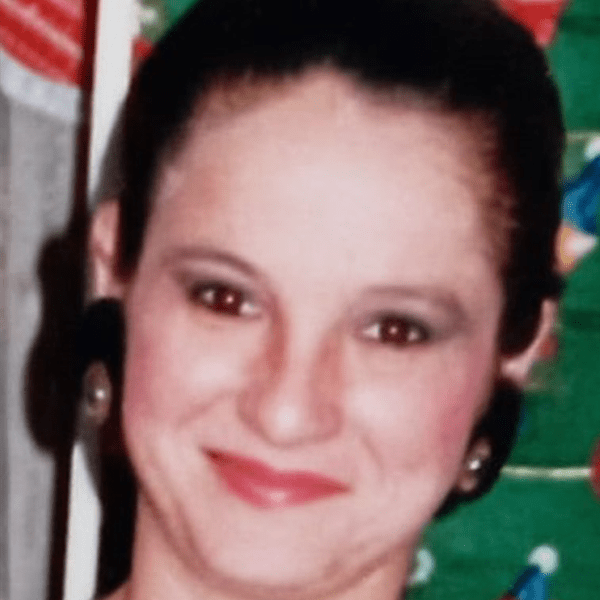
Ana I. Diaz Ochoa
MpH, Care Ecosystem Program Coordinator, HealthPartners Center for Memory and Aging
Ana holds a medical degree in Venezuela, and a Master’s of Public Health Administration in the U.S. In her work as a Care Ecosystem Coordinator at Health Partners, Ana makes a difference in the quality of life of not just patients but also their families and community, by helping them navigate the health system, connecting them to community resources and providing materials that are relevant and culturally appropriate. Ana is passionate about community, and brings passion, work ethics and organization skills to her team.
